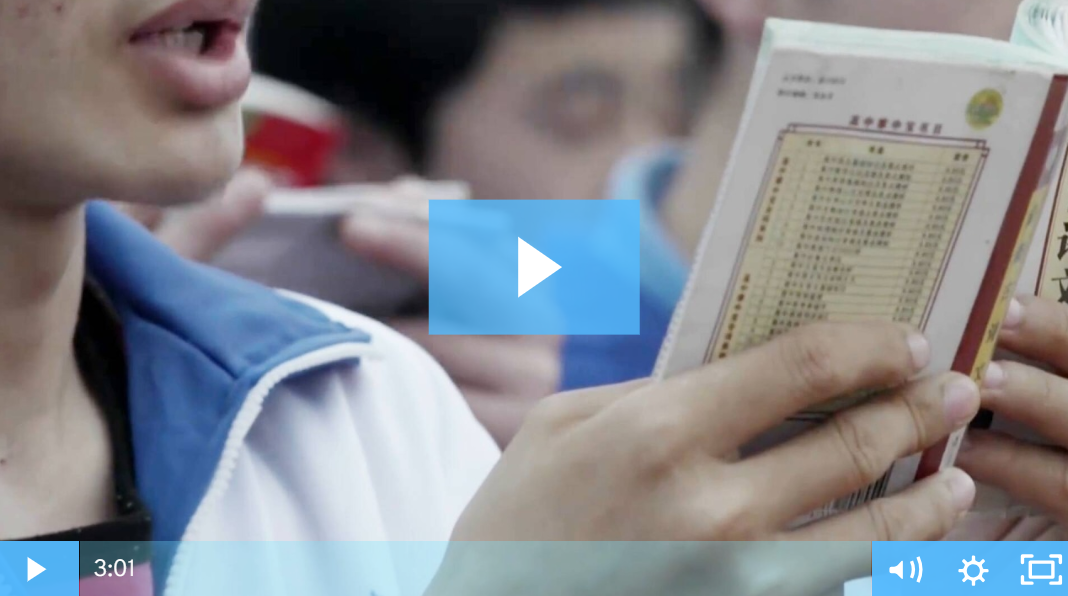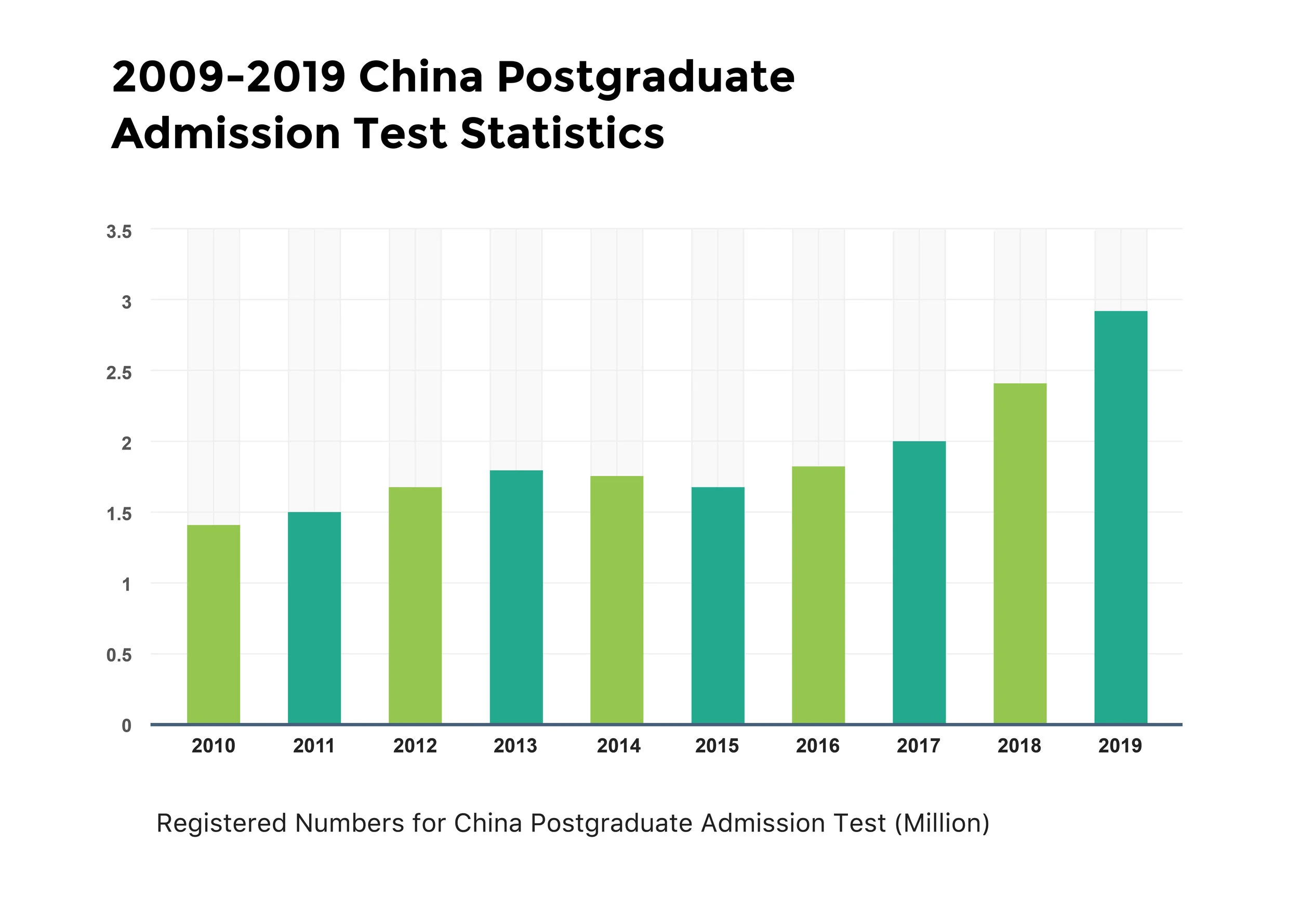Each year, 9.5 million Chinese students take the gaokao, China's notoriously difficult college entrance exam that exclusively determines which colleges graduating seniors will be accepted to. GPA, class difficulty, and extracurriculars don’t matter. A single score from a single test determines everything. Many find the pressures of such a high-stakes test overwhelming. When scores are released in mid June of each year, tens of thousands of students are disappointed with their score and have to decide, do they wait an entire year to take the once a year test to try to improve their score?
Read MoreDigital marketing in China can be frustrating and confusing for international companies and institutions. Foreign websites can take a long time to load (or be blocked completely), and the deep followings and rich content that you’ve built on Facebook, Twitter, Instagram, and Snapchat are invisible to Chinese users. While it’s a complex environment, China is a remarkably deep, dynamic, and promising market. Even compared to a few years ago, China is remarkably wired society, with nearly 60 percent of its population online and 40 percent of its population on local social media.
Read MoreIn many countries, China is the largest sending country for international graduate students, and the landscape for recruiting these students has become increasingly competitive and complex. As more and more international universities vie for China’s outbound graduate students, its worthwhile to better understand what inspires Chinese graduates to go abroad, how they see graduate education in the context of their careers, and how international universities can adapt their recruitment efforts in light of the employment considerations of Chinese students.
Read MoreLast fall, we surveyed more than 2,000 students and 28 counselors at Sunrise’s China recruitment tours to learn more about how students in tier 2 and 3 cities in China approach the college application process and find information about universities. 40.42% rely on in-school resources, presentations, and in-school counselors for study abroad information.
Read More
The recent Sino-Canadian friction began in December 2018 when Canadian authorities detained Meng Wanzhou, the CFO and daughter of the founder of Chinese telecoms giant Huawei. Although Meng’s detention was related to an extradition request by the US, the Chinese government quickly retaliated by arresting 13 Canadians in the following month, including a diplomat on national security grounds.
Around the world, universities have made steps to implement the gaokao into their admissions processes, though some universities and regions are far ahead in accommodating the needs of gaokao track students. The total number of gaokao-accepting universities reportedly exceeds 1,000 universities in 20 countries and regions,
Read More2018 was an eventful year for international education in China. Political uncertainty in Beijing and Washington left a footprint on student mobility patterns, while domestic economic forces in China have caused the private education sector to grow rapidly but unevenly.
Read MoreIn 2019, the number of candidates who took the postgraduate admission test in China has reached a record high of 2.9 million. However, the enrollment ratio dropped to be 4 to 1, the lowest ratio in the past decade. This trend is expected to continue in the upcoming few years, making international programs a better choice.
Read MoreChina is the largest sender of international students, and recruiters have taken note of the Chinese market for international education by meeting with students, counsellors, and agents. Chinese students interested in studying abroad will have met with many recruiters, especially those from cities like Beijing and Shanghai. For recruiters looking to foster amicable relationships with counsellors, parents, and students, a consistent engagement strategy is imperative.










